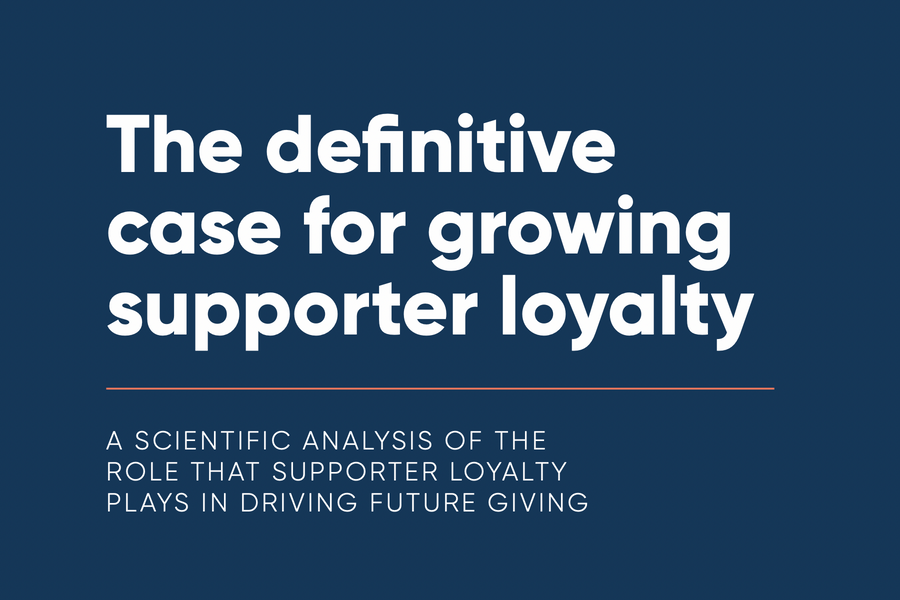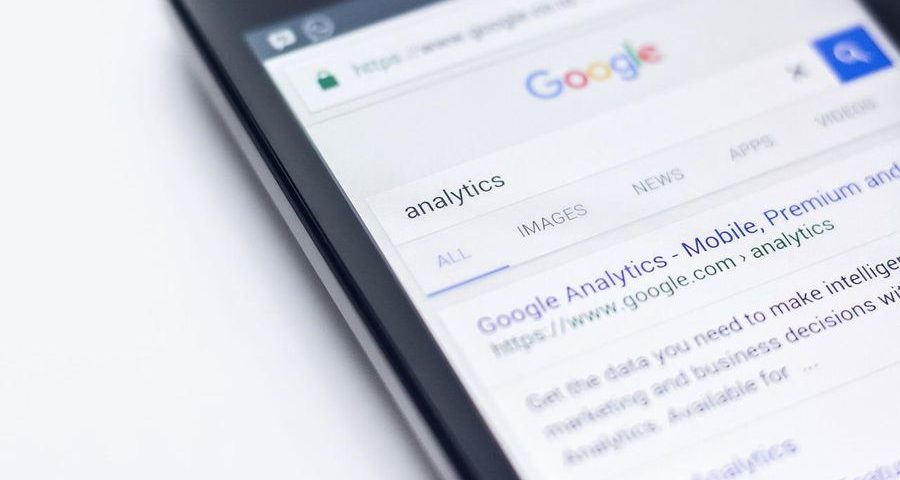
Sector calls on European Commission to develop civil society strategy
June 29, 2022
Study proves growing supporter loyalty grows retention & income
July 13, 2022With French sites ordered to stop using Google Analytics by regulatory body CNIL or face significant fines, France générosités has issued guidance to help nonprofits comply, and completed a review of alternatives.
CNIL has warned against using Google Analytics because all data hosted through the tool is held in the US. Under GDPR, personal data transfer outside of the EU is restricted to ensure transfers only occur if the same level of protection can be guaranteed as within the EU. CNIL considers the measures Google has put in place to be insufficient.
To help nonprofits move from Google Analytics to other, GDPR compliant tools, France générosités undertook a review of those on offer. This saw a working group of 30 web marketing experts from its member base compile a comparative matrix of 15 compliant alternatives approved by CNIL, with the benchmark of different solutions now available to the France générosités network.
To help nonprofits outside of its network, France générosités has also made public its key takeaways and recommendations from the study.
“With the 2021 Generosity Barometer showing that online donations represented a quarter of the overall total collected in 2021 from one-off donations, it is an area well worth investing in,” commented Corentin Hue, France générosités digital project manager.
As well as ensuring a fine is avoided, France générosités notes another benefit of using compliant analysis tools – more data. This is thanks to the more precise tracking that is possible through a hybrid mode with cookies, which many of the newer solutions offer. Previously some of its members had observed between 50% and 80% data loss on their Cookies Management Platform due to GDPR compliance on cookies use.
When looking for a new tool, the working group’s review recommends:
– Testing a number of tools during the decision-making process, alongside Google Analytics, to enable a comparison of the resulting data.
– Involving all relevant departments in the process and considering the organisation’s likely future requirements
– Undertaking all due diligence to ensure the documentation provided and the support available for the tool meet requirements, and documenting the entire process – also essential for GDPR compliancy.
There is also a summary of criteria for nonprofits to consider when creating their own list of alternatives to Google Analytics, from compatibility with data visualisation tools, to whether they plan to continue using classic quantitative data or to move towards heat map journeys or solutions for example, and what APIs and data feedback campaign managers require from the different channels.
Providing additional support, CNIL has produced a Q&A on the topic, which explains in more depth why Google Analytics can’t be used under GDPR.
More on this topic: Is Google Analytics on its way out?
Picture by Pexels on Pixabay




